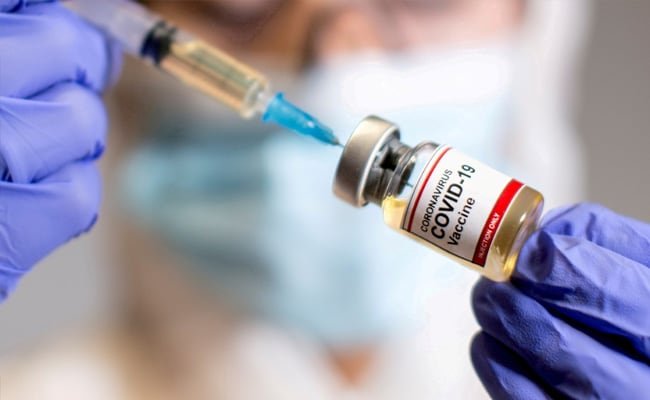According to an editorial published today in the peer-reviewed British Medical Journal, a link between menstrual cycle abnormalities and COVID-19 immunization is plausible and should be researched.
Periods or sudden vaginal bleeding are not listed as common adverse effects of COVID-19 vaccination, according to Victoria Male, a reproductive specialist at Imperial College London, UK.
By September 2, more than 30,000 such reports had been filed to the UK Medicines and Healthcare Products Regulatory Agency (MHRA) surveillance scheme for adverse medication reactions, she said.
The expert, on the other hand, stated that most people’s periods return to normal the following cycle, and, more significantly, there is no evidence that COVID-19 vaccination has a negative impact on fertility.
“One crucial takeaway is that the effects of medicinal therapies on menstruation should not be overlooked in future study,” Ms Male added.
The MHRA claims that their monitoring data does not establish a link between menstrual cycle variations and COVID-19 vaccines because the number of reports is modest in comparison to both the number of people vaccinated and the prevalence of menstrual abnormalities in general.
Ms Male, on the other hand, stated that the method of data collection made drawing definite conclusions problematic.
In the editorial, she contends that better methods for comparing rates of menstruation alterations in vaccinated versus unvaccinated groups are required.
Menstrual abnormalities following COVID-19 vaccination have been reported for both mRNA and adenovirus-vectored vaccines, she noted.
This suggests that, if a link exists, it is most likely due to the immunological response to immunization rather than a specific vaccine component, according to Ms Male.
The editorial also mentioned that the body’s immunological response to the virus itself may impact the menstrual cycle, with one study finding menstruation disruption in roughly a fifth of women infected with S-CoV-2.
If a relationship between vaccination and menstrual alterations is established, those seeking vaccination will be able to plan ahead of time for potentially altered periods, she noted.


